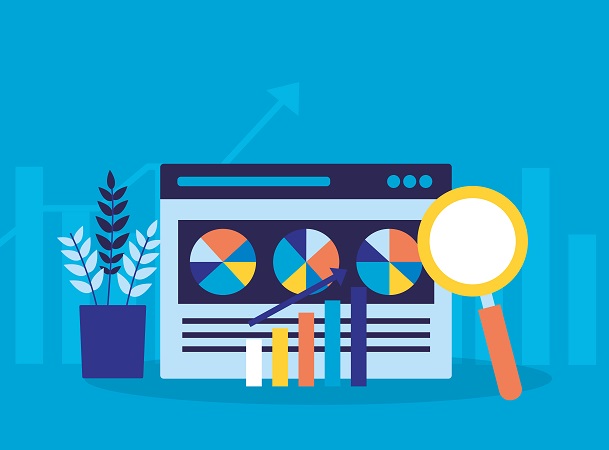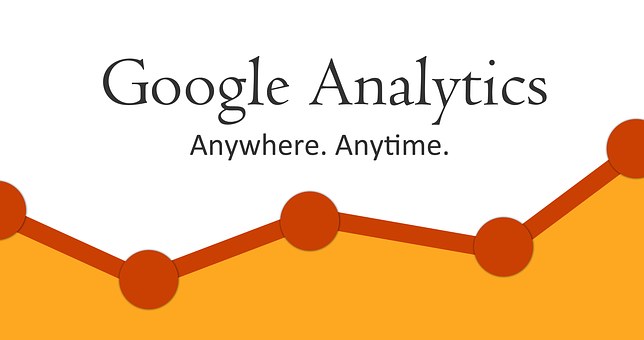Sometimes it feels like “numbers” and “facts” have taken the place of feelings as our main decision-making mechanism. If our gut tells us one thing, but the numbers suggest another thing, many of us will be swayed by the cold hard facts.
There is something substantial about a number that feeling cannot compete with – you can quantify it, you can compare it and you can discuss its merits. Feelings are fleeting, they are fickle and they can be influenced by all sorts of external factors. Of course, I am not saying that many of us don’t listen to our innermost feelings at the important times in life, but for the everyday decisions, we prefer to be guided by the data.
Rather than look out of the window and see the dark clouds approaching, we open the weather app on our phone. 10% chance of rain – good enough to fire up a summer barbecue. Sure enough, 30 minutes later, the rain arrives. 10% seemed like such a small probability, but a lifetime of experience and common sense would have told another story.
There are those who think that going to a meeting armed with every conceivable statistic will make them invincible. However, if they can’t tell the story behind the figures, they aren’t much good to anyone. The CEO wants to have the raw numbers – he will have the experience to bring his own interpretation, but they will not tell the whole story. Better to tell a simple story rather than dazzle people with numbers that serve to cloud reality.
The thing is with data is that unless you are aware of the nuances of how it was collected, when it was collected and the context in which it was collected, you will always be making too many assumptions as to its significance. You trust that the author of the data has factored in all the contributory factors to give a fair picture, but that is never a given. One small error can skew an entire analysis. Without thorough interrogation, data shouldn’t be relied on as the sole decision-making tool.
Accepting the “numbers” as they are is simply lazy. They may serve to confirm your thoughts, but as many an employee knows, it is not always so hard to doctor the numbers, so that meet with the viewpoint of the boss. That is a dangerous self-fulfilling prophesy – you will sleep sound in the knowledge that the numbers are in line with what you think, but actually, the underlying reality might be very different.
This is how stock market crashes start, and it is how bubbles burst. We have a penchant for the rose-tinted glasses – at exactly the moment when we need a critical appraisal.
When someone next tells you that “the numbers are looking good”, ask them why they are good and what is causing them to be good. See if they can give you a coherent answer. If they don’t know why the numbers are good, something is amiss.
This article originally appeared here. Republished with permission. Submit your copyright complaints here.










![7 data-driven ways to optimize your online store for mobile [Infographic]](https://crayondata.ai/wp-content/uploads/2019/11/optimize-1.jpg)


![Top tips and tricks to improving your customer experience [Infographic]](https://crayondata.ai/wp-content/uploads/2019/01/customer-journey-1.jpg)









